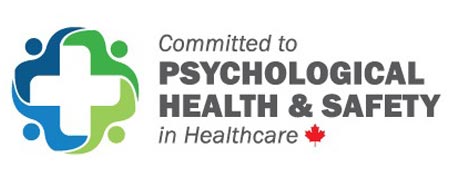En 2017, la SCSLM a mené un sondage auprès de tous ses membres leur demandant de partager leur perspicacité professionnelle en vue d’aider ensemble la main-d’œuvre future du laboratoire médical. Le sondage a posé cette question : « Si vous pouviez enseigner aux étudiants une chose en particulier que vous avez apprise pendant votre carrière, que serait-elle? » Nous souhaitons vous faire part de certains des commentaires, parce qu’ils peuvent soutenir votre santé mentale dans votre carrière et mieux vous préparer pour l’avenir.
De plus, nous voulons que votre voix se fasse entendre au sujet du stress de santé mentale selon d’autres études de la SCSLM et vos messages personnels que nous avons reçus. Les membres qui ont partagé leurs anecdotes ont enrichi notre perspective de la santé mentale dans la profession.
Ces commentaires ont renforcé le fait que nous avons besoin de collaborer ensemble en tant que collectivité professionnelle et de nous soutenir mutuellement. Avec l’initiative de santé mentale, y compris cette Trousse, notre Déclaration signée pour appuyer la santé mentale en milieu de travail et nos efforts continus de défendre vos intérêts, tout cela forme un sujet important pour la SCSLM et nos membres. Ensemble, nous effectuons le changement chaque jour.
La vidéo suivante est un exemple parfait de l’importance d’épouser le changement :





